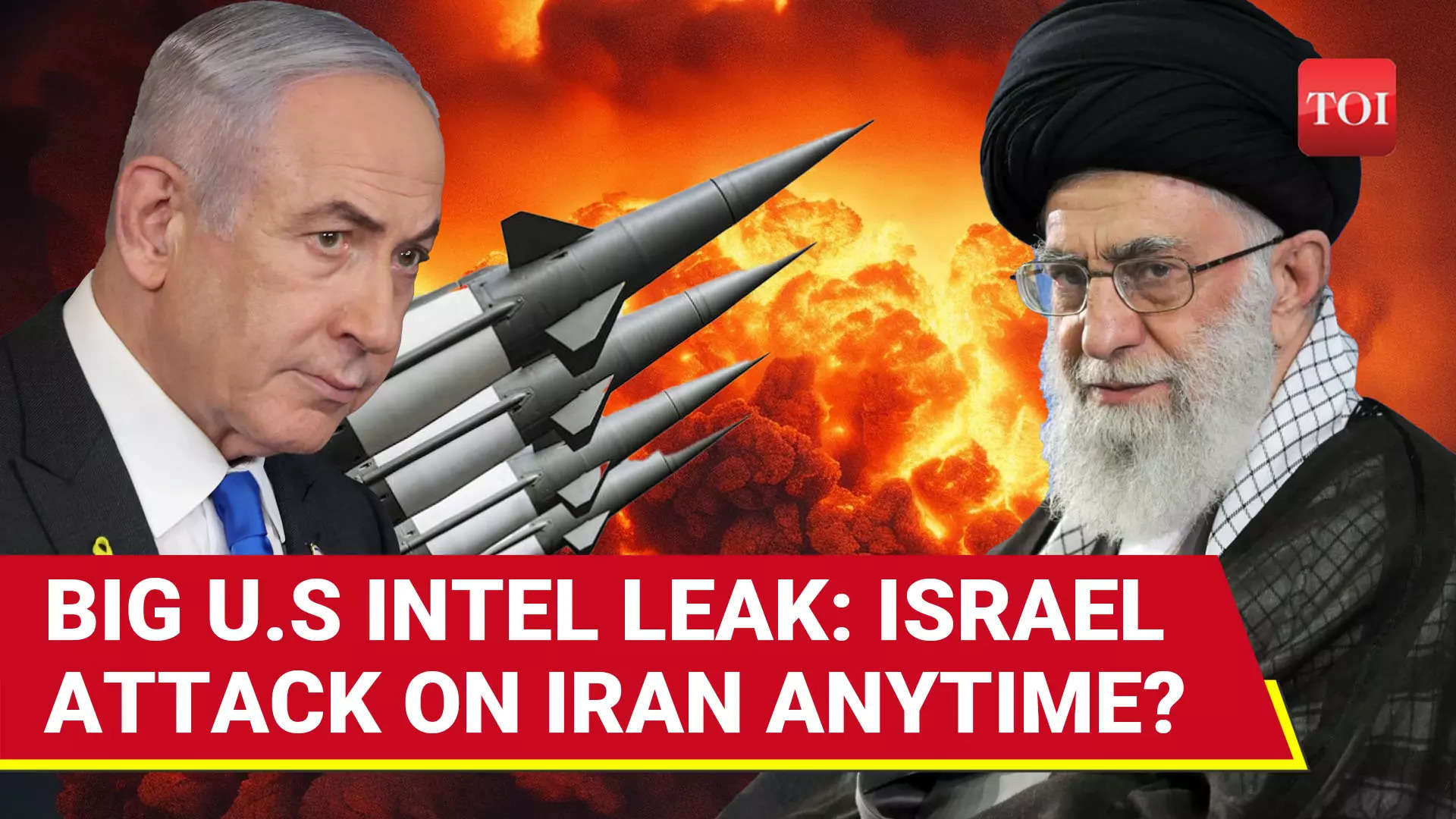 |
|
The escalating tensions between Israel and Iran have reached a critical juncture, fueled by a recent Wall Street Journal report suggesting the possibility of a large-scale Israeli military strike against Iranian nuclear facilities within the current year. This report, citing US intelligence assessments conducted during the Biden administration, highlights a perceived window of opportunity for Israel to exploit perceived weaknesses within Iran's nuclear program. The intelligence suggests that Iran's internal vulnerabilities, perhaps political instability or resource constraints, might present a favorable strategic environment for a preemptive strike. However, the complexities of such an operation are immense, involving not only military planning but also intricate geopolitical considerations and potential international ramifications. A successful strike would require meticulous planning, including precise targeting of crucial infrastructure to minimize civilian casualties and collateral damage, a challenge often cited in discussions about this scenario. The potential for escalation, triggering a broader regional conflict, is a primary concern driving international discussions and attempts at de-escalation.
The involvement of the Trump administration in this emerging scenario adds another layer of complexity. While President Trump, during his tenure, ruled out immediate military action against Iran, his potential influence on Israeli decision-making remains a significant factor. The report does not explicitly state that the Trump administration is actively supporting the planned strike, but the potential for informal support or at least the absence of strong disapproval, significantly changes the equation. Given the close relationship between Israel and certain factions within the former Trump administration, there is considerable speculation about the extent of communication and potential collaboration on strategic planning. This ambiguity contributes to the uncertainty surrounding the situation and raises questions about potential US involvement or tacit approval, a factor that could greatly alter the international response to any action taken.
Beyond the immediate military considerations, the potential consequences of an Israeli strike on Iranian nuclear facilities extend far beyond the immediate region. Such an action could trigger a chain of events with potentially catastrophic repercussions. Iran's response, which could range from retaliatory strikes against Israeli targets to more widespread conflict, is uncertain but carries significant risk. Furthermore, the international community's reaction could be highly unpredictable, potentially leading to new sanctions, international condemnation, and potentially even military intervention by other actors. The potential for escalation to a larger conflict, possibly involving other regional powers and even international actors, is a serious consideration. This underscores the delicate balance of power in the region and the high stakes associated with such a decision.
The situation calls for a nuanced understanding of the geopolitical landscape and the motivations of all actors involved. While the intelligence suggests a window of opportunity, the risks associated with military action are substantial. The potential for significant loss of life, widespread instability in the region, and a significant escalation of the conflict are all serious considerations that must be weighed against the potential benefits. The decision facing Israel is not merely a military one but a complex calculation involving national security, strategic interests, regional stability, and the potential for unintended consequences. The international community has a crucial role to play in diplomatic efforts to de-escalate tensions and prevent a potentially catastrophic conflict. These efforts, however, are complicated by the deep mistrust between the involved parties and the inherent difficulty in achieving a lasting peace agreement in a region beset by long-standing conflicts and ideological differences.
The coming months will be critical in determining the course of events. Whether Israel proceeds with the reported plans or opts for alternative strategies will depend on a number of factors, including the ongoing assessments of Iran's capabilities and vulnerabilities, the evolving geopolitical landscape, and the extent of support or opposition from key international players. The situation warrants close monitoring and calls for careful consideration of the potential consequences of any military action. It also emphasizes the need for renewed diplomatic efforts to address the underlying tensions and find a peaceful resolution to the ongoing conflict, mitigating the risk of a devastating war that could engulf the entire region.
Source: Israel To Attack Iran Nuclear Sites? WSJ Report Claims Tel Aviv Could Hit Islamic Republic This Year
